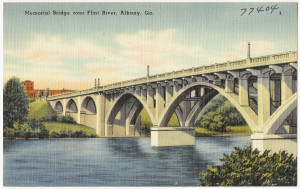Join in the National Safety Stand-Down May 2-6, 2016. The purpose of the stand-down is to raise awareness about preventing fall hazards in the construction industry. Fatalities caused by falls from elevation continue to be a leading cause of death for or serious injury to construction workers. The U.S. Department of Labor, Occupational Safety & Health Administration’s (OSHA) goal is to reach 5 million workers, which is more than more than half of the construction workers in the U.S. To participate in the safety stand-down, a company can host a voluntary event to talk directly to employees about safety. The event doesn’t have to be formal. Companies are encouraged to adopt a stand-down plan approach that works best for their workplace, including, for example, safety activities such as safety equipment inspections, developing rescue plans, or discussing job specific hazards. It can even take the form of a “toolbox talk.”
Additional Source: Evento nacional destacará importancia de la prevención contra las caídas: primera causa de muerte y lesiones graves en industria de la construcción; Suggestions to Prepare for a Successful Stand-Down; Stand Up For Safety, Join in the Safety Stand-Down June 2 – 6










